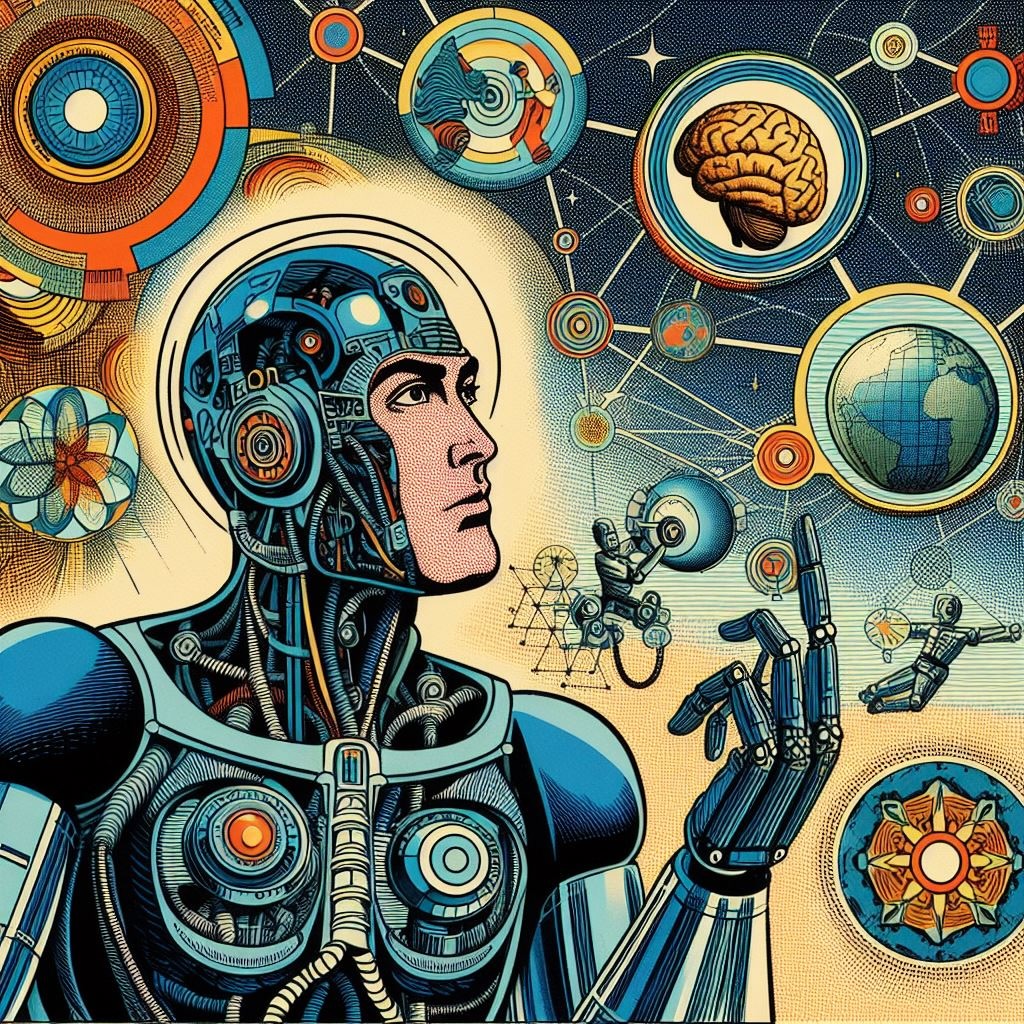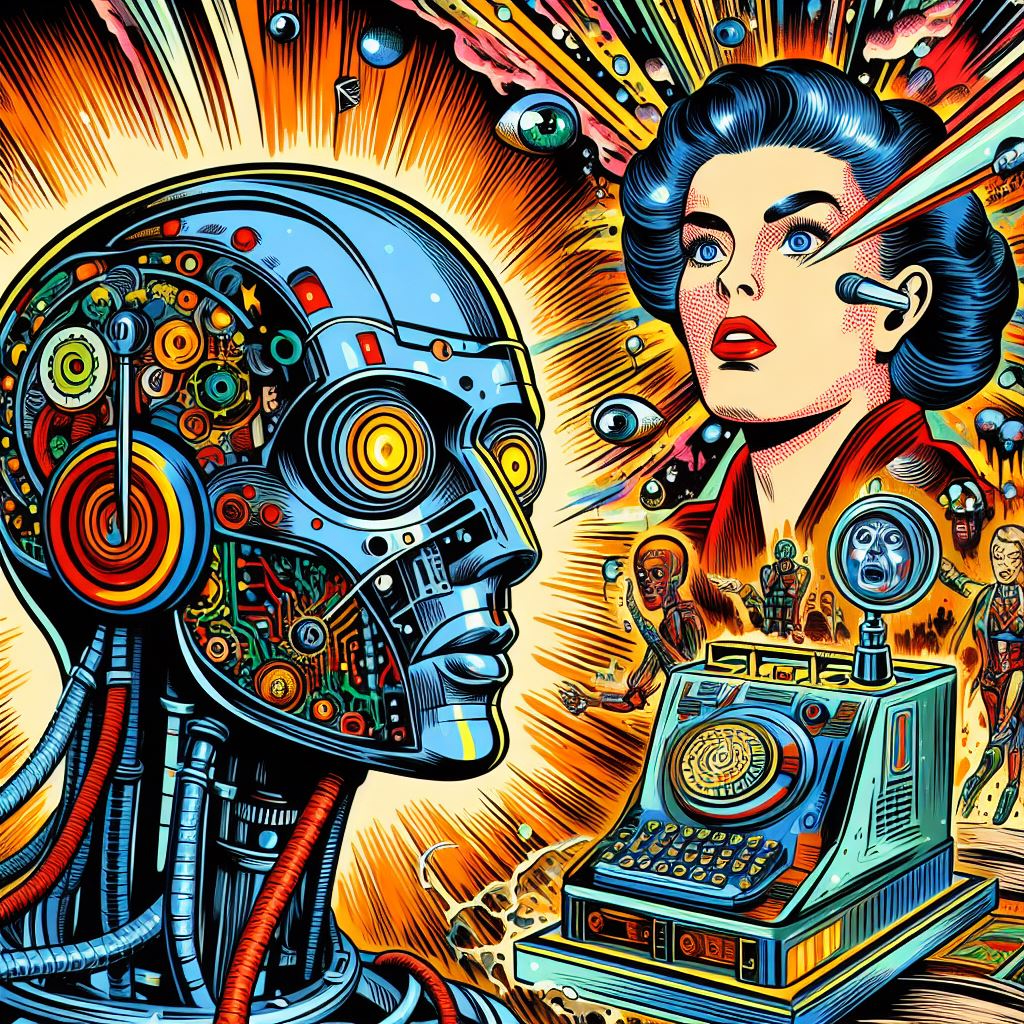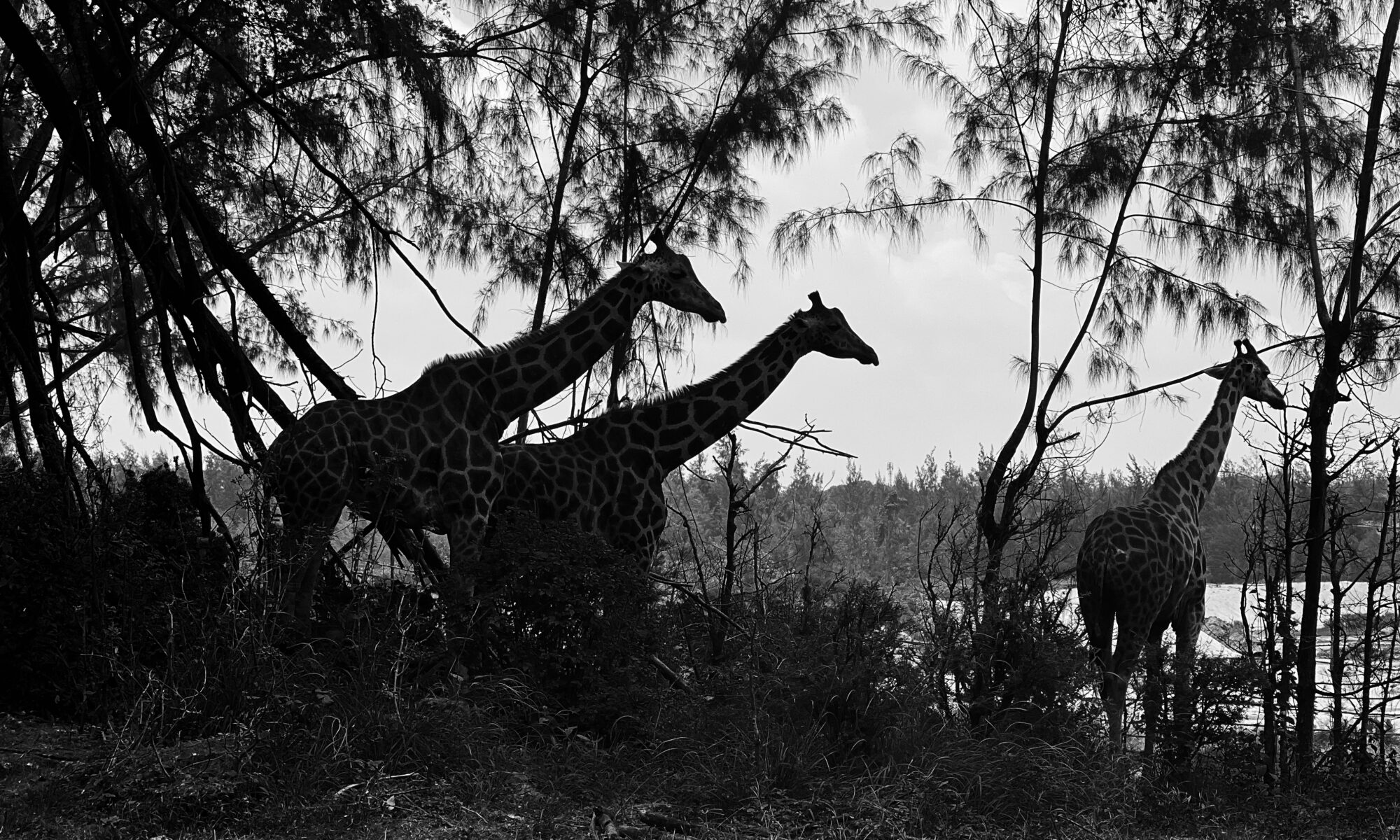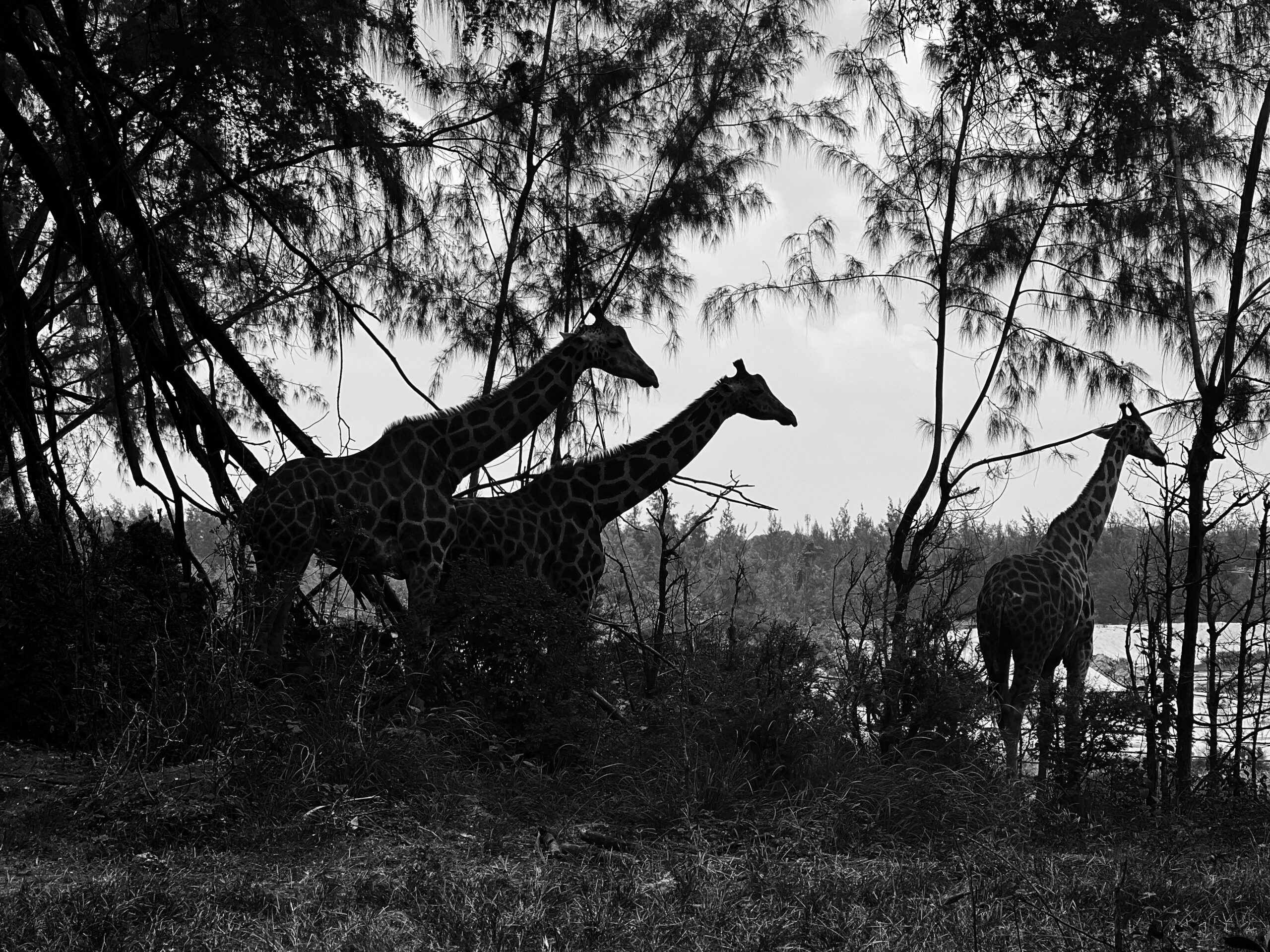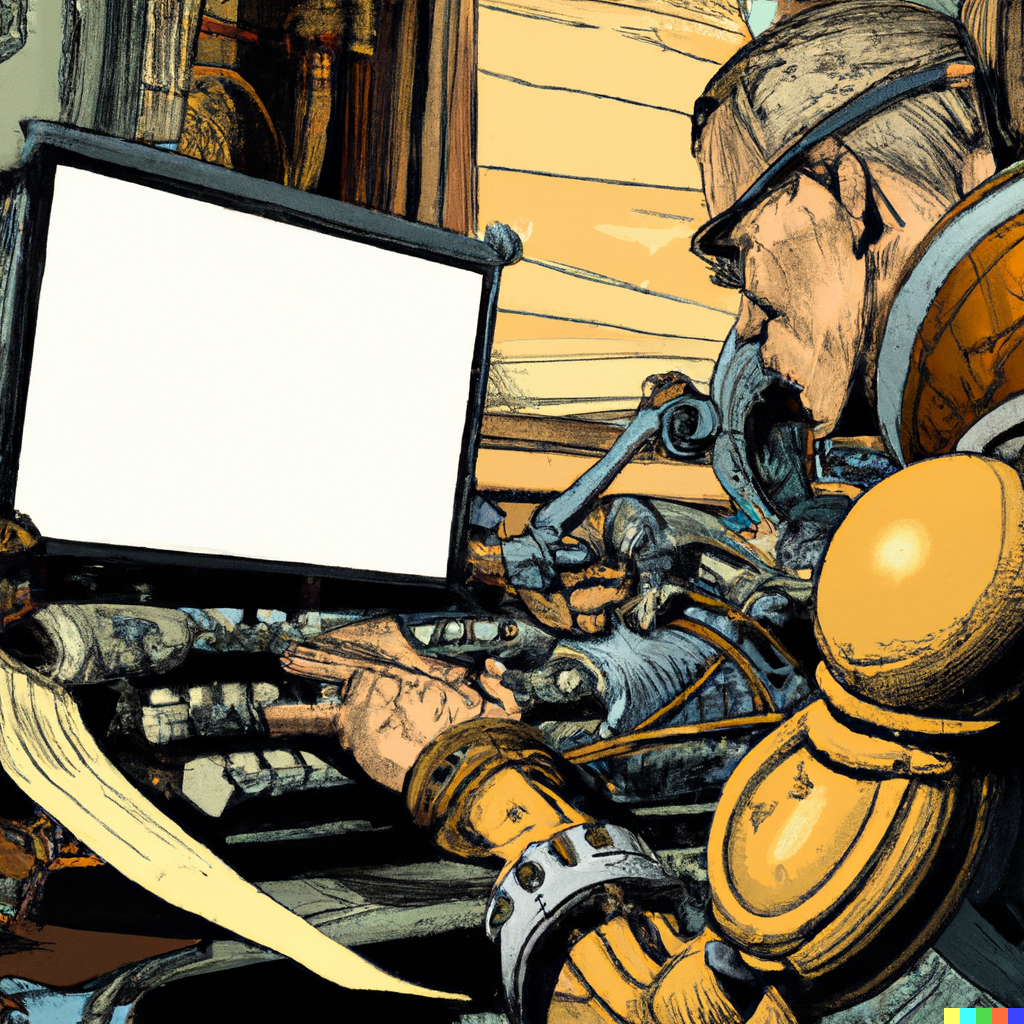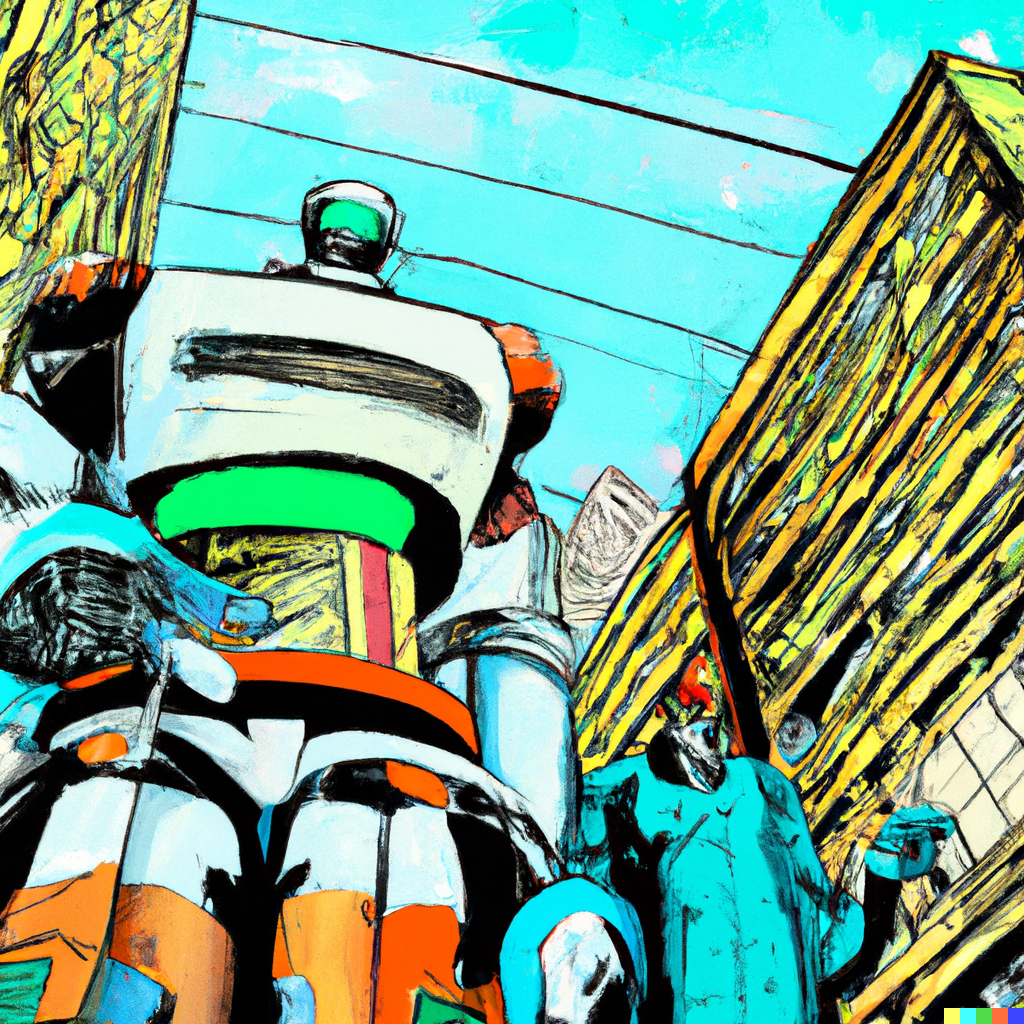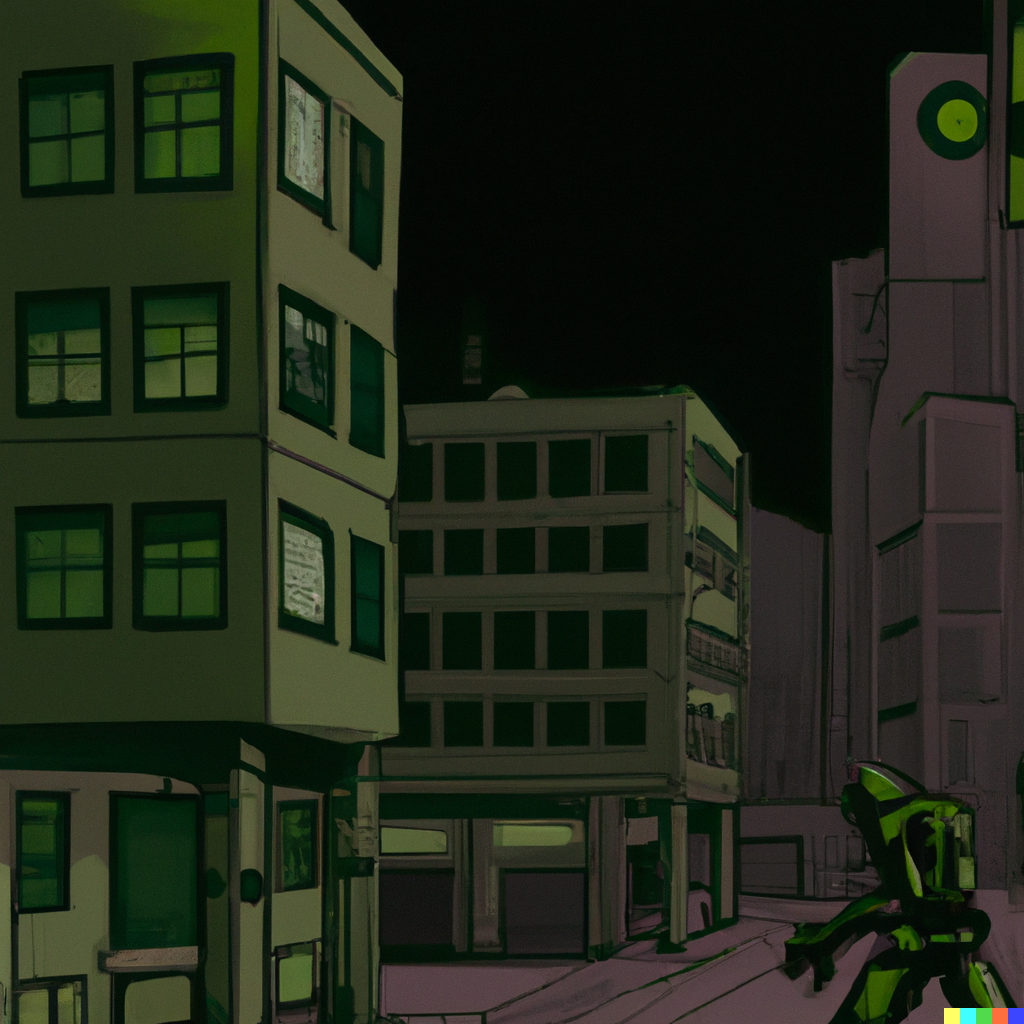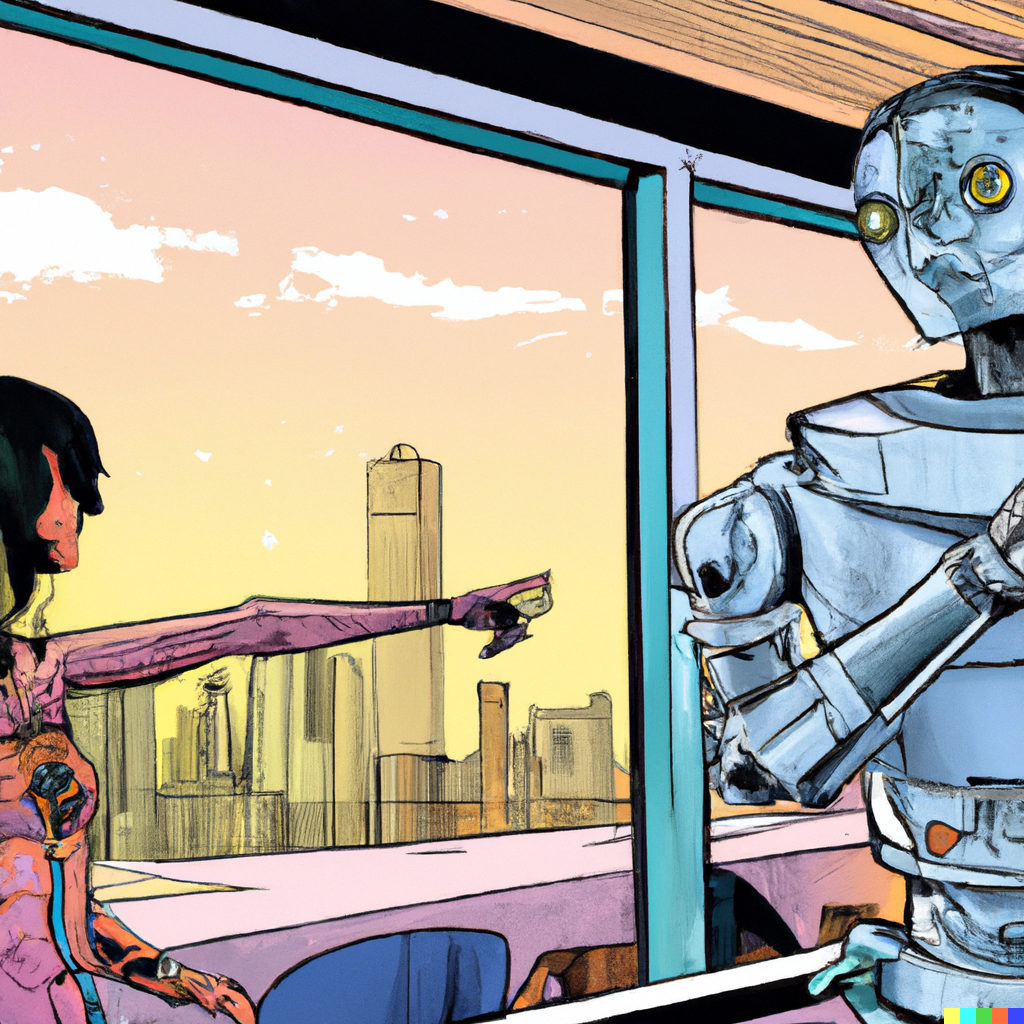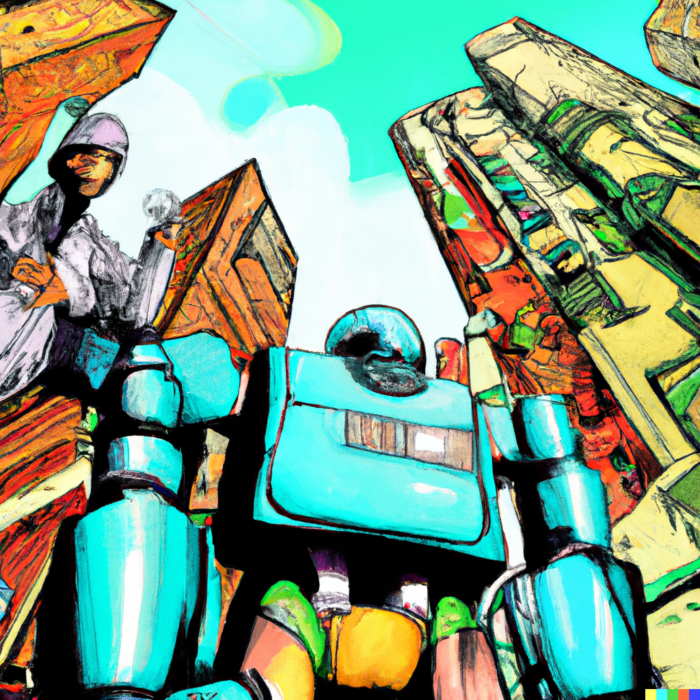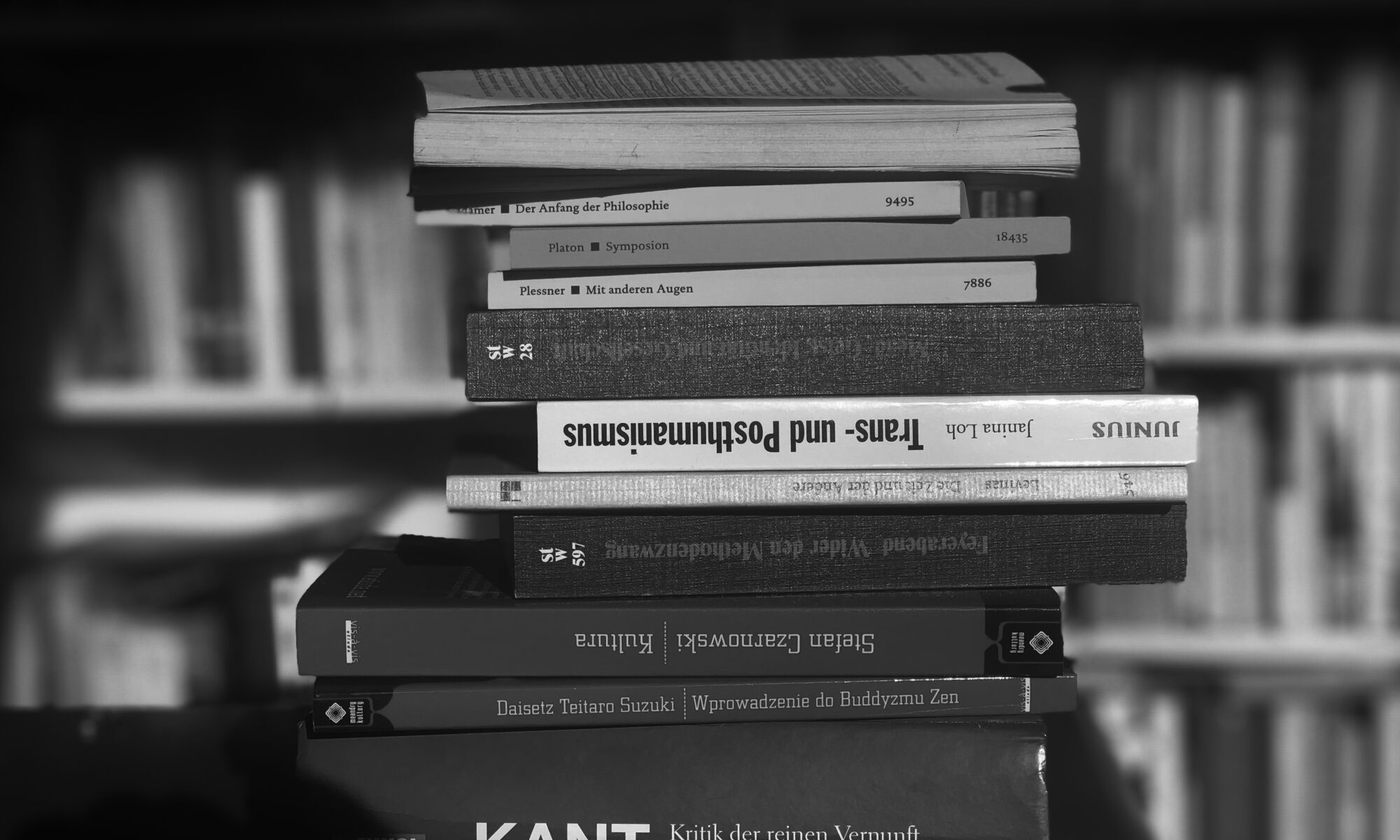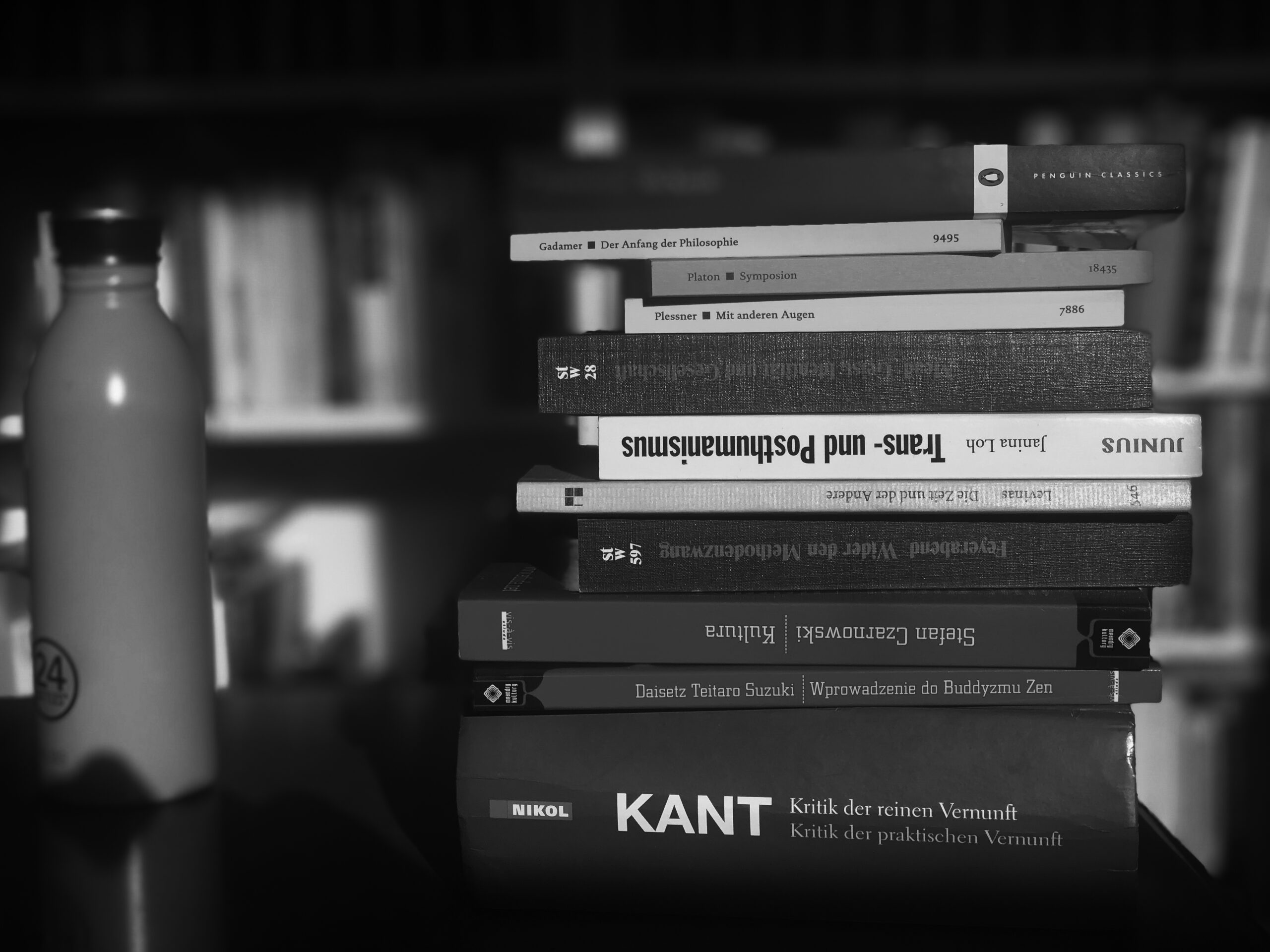Metaphysics in Motion

My point is not to defend metaphysics. It is not about whether it is useful to describe the world (well, it seems useful to me only in some posthumanist concepts, because it helps to question the limits of being human and to open new perspectives). Nor do I care about Paola-Ludovica Coriando’s question. Paola-Ludovica Coriando is a philosopher concerned with the future of metaphysics. But her question, of whether metaphysics is still relevant in a postmodern world, remains unanswered here. For this is not about the future, but about perspective. And a question.
1. The Perspective
Perspective is often deceptive. The funny thing is that when we study the source texts, we pay no attention to our perspective or the perspective of the time. It is a rather banal anthropological relativist position. But the devil is in the details. And precisely in the examination of what I personally understand by “being”. With the background of one God (and not several deities) and with the burden of Kant. Kant’s influence on metaphysics was enormous, as he explored the limits of the human mind and the conditions of the possibility of knowledge. His critique of traditional metaphysics led to a new way of thinking about being.
2. The postmodern era
Because that’s what we’re talking about. Maybe I’m reading Aristotle wrong (is it possible to read a book wrong? I learned from Derrida that you can read a book in different ways, that not only the reading itself but the reader can change the perspective), but here I find moving motifs. Derrida’s concept of deconstruction shows that texts can have many meanings, depending on the reader’s perspective. And here the question arises whether I want to “detach” myself from metaphysics or not. Rather, whether it describes the world for me, or whether I feel Aristotle aesthetically (and perhaps that is the only perspective we can take).

3. Idealism
And there we have the culprit. Perhaps. Kant turned metaphysics into a museum. Each concept has been neatly assigned a place. But thoughts are not buildings. They cannot serve well as a museum. Thoughts are tools. Hegel used dialectics to move thoughts, but he also succeeded in erecting an immovable statue, perhaps because of his style or because of the time or culture in which he lived. Kant’s systematic approach to metaphysics has often been perceived as rigid and inflexible. Hegel’s dialectic, on the other hand, was intended to bring movement and development to the world of thought but was often criticized for being complex and difficult to access.





